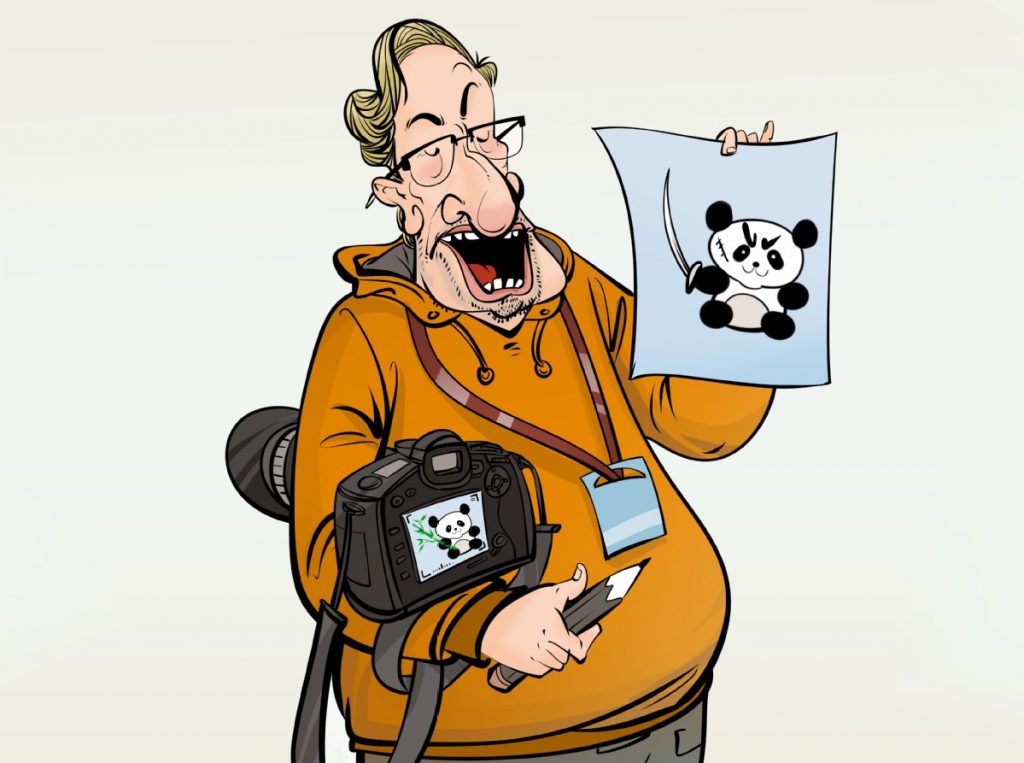By Andrew Korybko

The New York Times ran a scaremongering piece on Sunday speculating about the nefarious intentions of China’s growing media presence across the world. Titled “When Covid Hit, China Was Ready To Tell Its Version Of The Story”, the article is partly based on an upcoming report to be released this Wednesday by the International Federation of Journalists about this topic. According to the NYT, it’ll accuse China of “spreading disinformation” and imply it attaches strings to cooperation on key challenges like the COVID-19 pandemic.
Hypocritically, however, the NYT sprinkles its own disinformation into the article by parroting debunked claims about the situations in Hong Kong and Xinjiang while portraying China’s media presence in a negative light.
The purpose of such an article isn’t to inform the targeted audience, but to push a political narrative intended to trigger a paranoid reaction from its readers. The NYT mentions several times in its piece how China seems to be taking its soft power more seriously than the US. Quite predictably, the average person who reads that piece without any additional knowledge or context might be left with a bad impression about Chinese media, perhaps even wondering why the US isn’t doing more to counter it, which seems to be the reaction the NYT hopes to provoke.
The US is waging a hybrid war on China, which relies on disinformation to discredit its so-called “peer competitor”. One of the sneakiest methods that’s been employed is to reverse the roles of the US and Chinese media by presenting the former as more trustworthy than the latter. In reality, however, American media has been known to lie about practically every political issue at home and abroad. Regarding the domestic front, few Americans have full faith in their media after the past four years of conspiracy theorizing between Democrats and Republicans. When it comes to foreign topics, everyone remembers how the US media spread lies about Iraq’s “weapons of mass destruction” to provoke war.
There are countless other examples, but everyone should get the point that’s being made. By contrast, Chinese media hasn’t ever been caught red-handed lying to the world like the US media has. Nor, for that matter, does it participate in regime change operations such as the ones its American counterparts actively led in West Asia (particularly Egypt, Libya, and Syria from 2011) and Eastern Europe (Yugoslavia in 2000, Ukraine in 2013-2014, and Belarus from last year onward), among many others. Objectively speaking, the only “legitimate critique” that can be made about Chinese media is the facts and arguments it presents are “politically inconvenient” to the disinformation-driven Western narrative.
In other words, an ironic reversal of perceptions has actually taken place. The average Westerner had long thought their part of the world has the honor of hosting the most reliable, professional and transparent media in the world, presumably due to its self-described “democratic” system of governance they believed made it superior to non-Western democracies like China’s. In truth, however, the oligarchic nature of Western democracy has irredeemably corrupted the so-called “fourth estate” to the point where it’s little more than a perception management tool by self-interested elites. It no longer serves to educate and inform, but to mislead and indoctrinate.
It’s why some Westerners are confused whenever they consume information from non-Western media such as China’s. Many of them have never heard the facts and arguments presented therein, which sometimes trigger cognitive dissonance due to decades of indoctrination. Increasingly, however, many Westerners are actively seeking out non-Western sources of news and analysis because of how much they’ve recently come to distrust their own media. This emerging trend strikes fear in the hearts of the Western elite because they belatedly realize they’ve lost their former narrative monopoly due to their own dishonesty.
This explains the desperate push by the NYT and others to discredit Chinese media, to cling to their fading narrative monopoly for just a little bit longer. It’s an exercise in vain, however, since the wheels of history are turning and the West’s former control of the world is rapidly becoming a thing of the past. Nowhere is this more visible than by the rising popularity of Chinese and other non-Western media outlets. While many Westerners might still live in an “information bubble”, bombarded on a daily basis by disinformation from their own media, more and more are choosing to liberate their minds by seeking out alternative sources of information. Try as they might, the NYT and those like it cannot reverse this inevitable trend.
Andrew Korybko is a Moscow-based American political analyst.
China daily
 Africa -China Review Africa -China Cooperation and Transformation
Africa -China Review Africa -China Cooperation and Transformation
